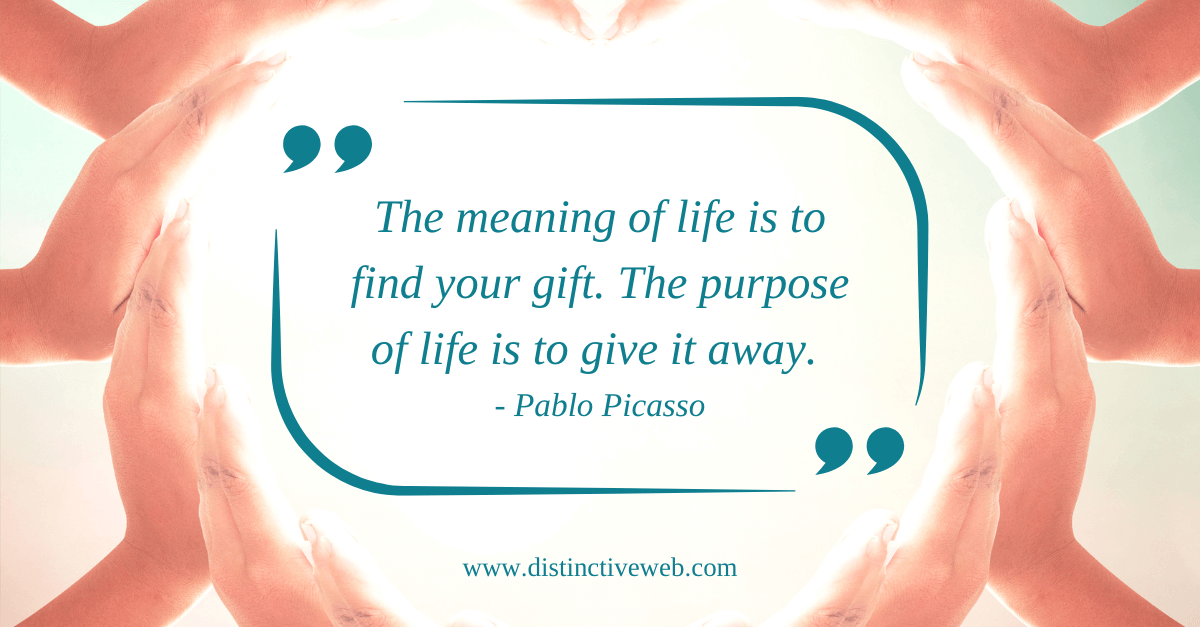
Teach a Class of What You’re Passionate About
Imagine walking into a room full of eager minds, the air buzzing with curiosity and excitement. Now think about the subject on everyone’s mind being something you love, something you know like the back of your hand, something you could talk about for hours without losing steam—that’s the magic of teaching a class about your passion.
The power of education is undeniable. But when an educator is passionate about the subject they’re teaching, the impact on students is unparalleled. Passion is contagious. It can inspire, motivate, and invigorate. It turns lessons into experiences and students into lifelong learners. In a world where we’re constantly bombarded with information, it’s enthusiasm and passion that cut through the noise and leave a lasting impression.
Why Teach Your Passion?
Teaching what you’re passionate about creates a unique and authentic learning environment. Your energy and excitement serve as a catalyst, sparking interest and curiosity in your students. A passionate teacher doesn’t just deliver content; they tell stories, share experiences, and open a window into a world that students might otherwise never have explored.
When you’re passionate, you are also more likely to go the extra mile to make learning fun and engaging. You find creative ways to present the material, to connect it to the real world, and to show its relevance. Your passion for the topic encourages students to ask questions, to investigate further, and to develop their own interests and passions.
Identify Your Passion
What lights up your world? Maybe it’s art, or perhaps it’s a scientific phenomenon. It could even be a hobby, like cooking or photography. Your passion could be related to your profession, like marketing or engineering, or it could be something you do in your free time. What matters is the depth of your interest and your willingness to share it with others.
Know Your Material
Before stepping into the classroom, make sure you know your material inside out. This doesn’t mean you have to have all the answers (no one ever does), but you should be confident in your knowledge base. This confidence will translate into a more authoritative and trust-inspiring presence in the classroom.
Plan Your Classes
When planning your classes, think about what aspects of your passion are most engaging and how you can translate that into learning opportunities. Consider what you wish you had known when you were just starting to learn about your passion; this can often be an excellent place for beginners.
Engage Your Students
Interaction is key to a memorable class. This can include discussions, hands-on activities, real-life examples, and multimedia elements like videos and slideshows. Encourage your students to engage not only with you but with one another. Collaborative learning encourages students to share their insights and perspectives, enriching the learning experience for everyone involved.
Keep It Accessible
Remember that not everyone will be on the same page. Keep your language simple and explain concepts in terms that are easy to understand. If you’re using specialist terms, take the time to define them. Accessibility also applies to the way you deliver your materials—make sure you’re catering to different learning styles, whether your students prefer visual aids, practical demonstrations, or in-depth reading material.
Be Patient
Your passion is probably backed by years of experience, study, and personal interest. Your students, however, may be dipping their toes into the subject for the first time. Patience is essential. Be ready to answer lots of questions and to possibly re-explain concepts from different angles.
Seek Feedback
The road to becoming an excellent teacher is paved with constructive feedback. Encourage your students to tell you what they enjoy about the class and what might be improved. This not only helps you fine-tune your teaching methods but also fosters a learning environment where students feel their opinions are valued.
Set a Supportive Tone
It’s important to create a supportive atmosphere where students feel comfortable expressing their thoughts and uncertainties. Make sure to celebrate successes and progress, no matter how small. Encouragement can go a long way in building your students’ confidence and interest in the subject.
Reflect on Your Practice
As you continue on your teaching journey, take time regularly to reflect on your experiences. What has worked well? What didn’t? How can you improve the learning experience? Self-reflection is a cornerstone of great teaching, and it helps ensure that your passion continues to inspire and connect with your students.
Keep Learning and Growing
The best teachers are also lifelong learners. Stay updated with the latest developments in your area of passion and keep expanding your own knowledge. This will not only keep your classes current but also model the importance of continual learning to your students.
Conclusion

In the process of teaching others about your passion, you may find that your understanding and love for the subject grow even deeper. The interaction with students, the challenge of explaining complex concepts, and the thrill of seeing others catch the spark of your enthusiasm can be incredibly fulfilling.
Teaching a class about your passion is a unique chance to make a difference, to light the fire of curiosity, and to shape the future in subtle but powerful ways. Whether you’re an experienced educator or a novice teacher, leveraging your passion can transform a simple class into a journey of discovery.
Remember, when you’re teaching about what you love, it doesn’t just enrich the lives of your students, it also re-ignites and expands your own passion. Embarking on this educational adventure might just be one of the most rewarding experiences not just for your students, but for you as well. So, ready to share your passion with the world? Your classroom awaits!